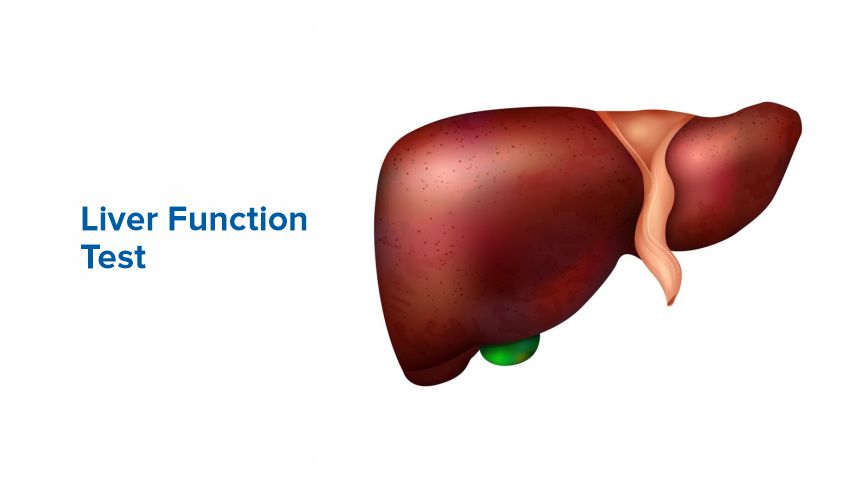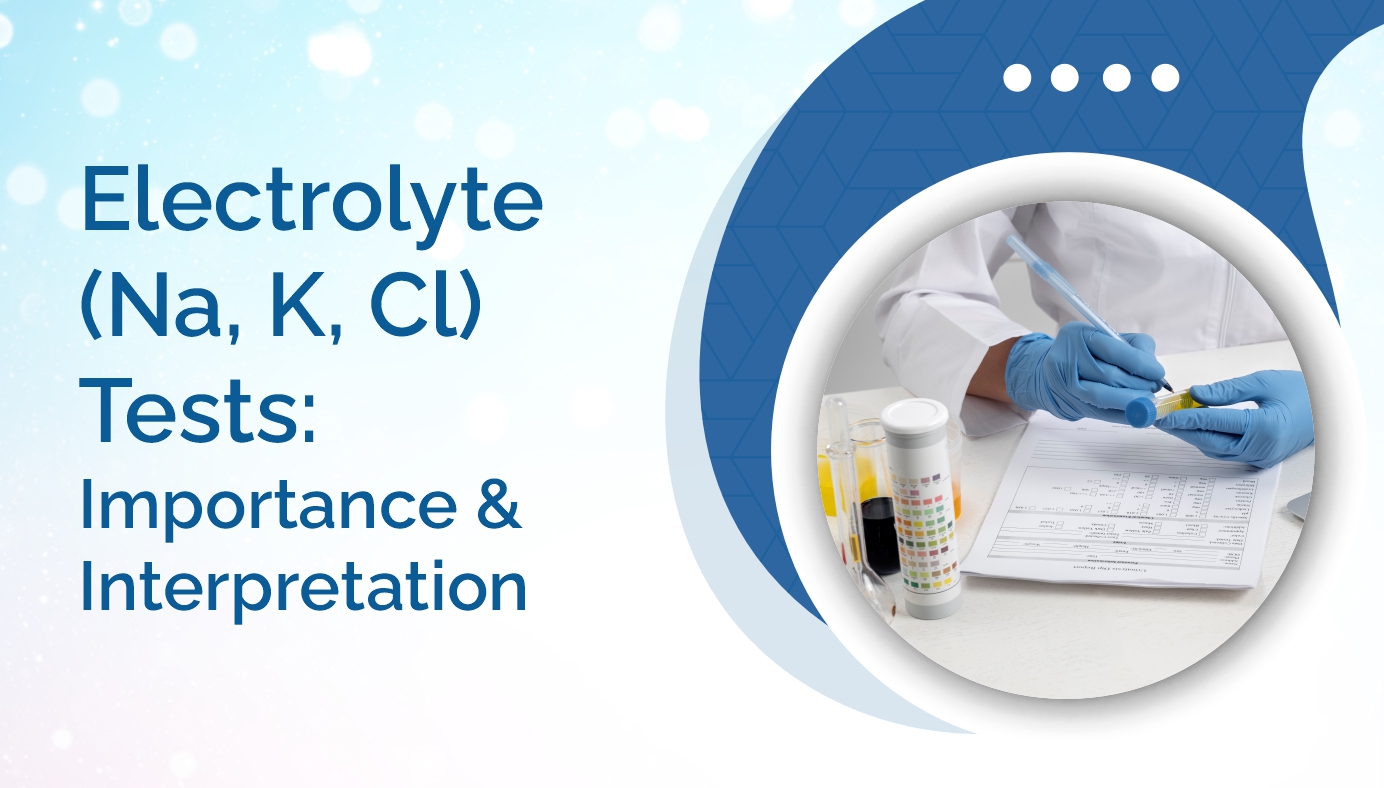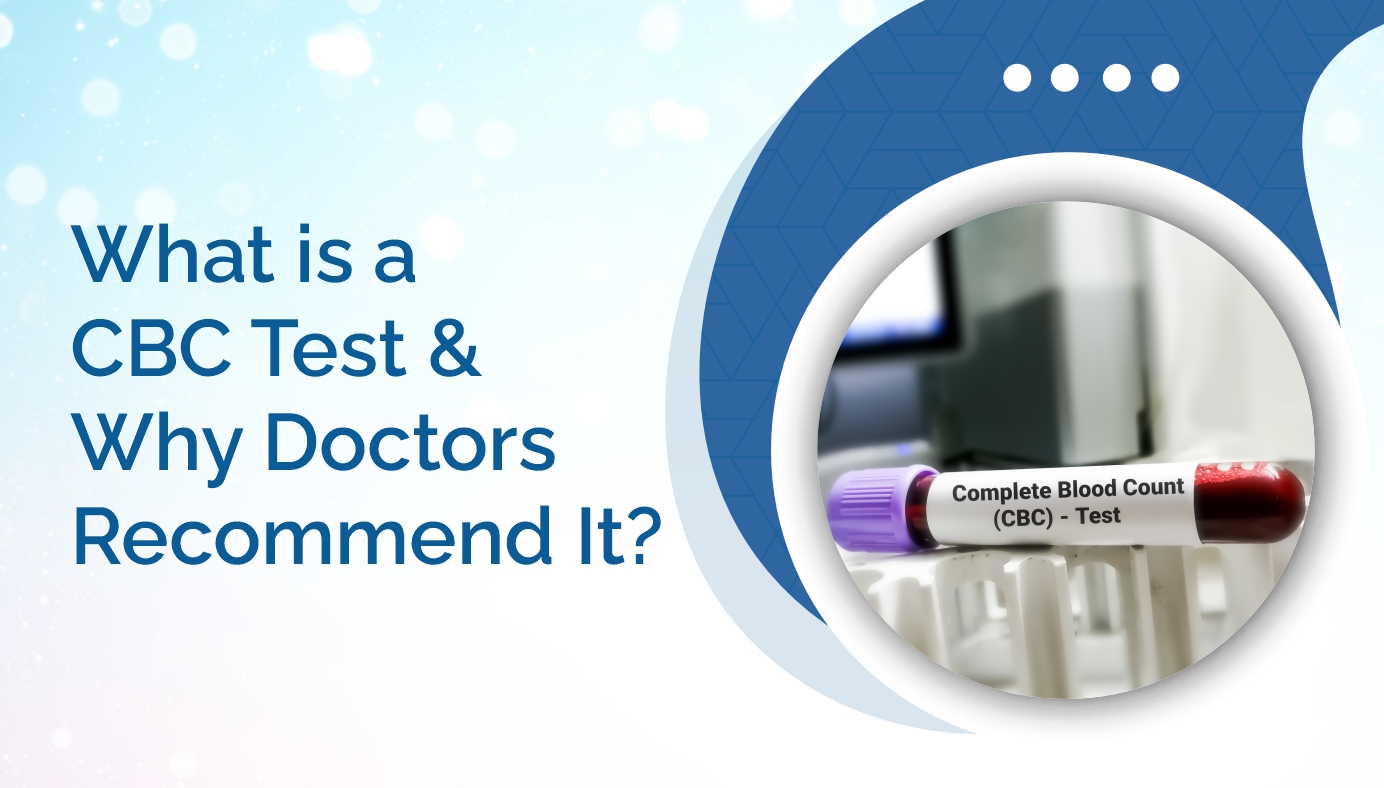


Condition
- Lifestyle Packages
- Lifestyle Packages
- Diabetes
- Diabetes
- Top tests
- Lifestyle Packages
- Top tests
- Top tests
- Lifestyle Packages
- Top tests
- Top tests
- Top tests
- Lifestyle Packages
- Infectious
- Preventive Health Checkup
- Diabetes
- Diabetes
- Preventive Health Checkup
- Top tests
- Top tests
- Heart Disease & Hypertension
- Lifestyle Packages
- Preventive Health Checkup
- Diabetes
- Diabetes
- Preventive Health Checkup
- Preventive Health Checkup
- Top tests
- Lifestyle Packages
- Diabetes
- Preventive Health Checkup
- Top tests
- Lifestyle Packages
- Diabetes
- Diabetes
- Diabetes
- Diabetes
- Diabetes
- Diabetes
- Preventive Health Checkup
- Preventive Health Checkup
- Diabetes
- Preventive Health Checkup
- Preventive Health Checkup
- Genomics
- Others
- Others
- Others
- Preventive Health Checkup
- Pulmonary / Infectious
- Diabetes
- Diabetes
- Others
- Preventive Health Checkup
- Others
- Preventive Health Checkup
- Top tests
- Others
- Genetics
- Others
- Gastrointestinal / Skeletomuscular
- Gastrointestinal / Skeletomuscular
- Others
- Others
- Others
- Others
- Others
- Others
- Others
- Others
- Others
- Others
- Others
- Others
- Others
- Others
- Others
- Others
- Others
- Others
- Others
- Others
- Others
- Others
- Others
- Others
- Others
- Others
- Others
- Others
- Others
- Others
- Others
- Others
- Others
- Others
- Others
- Others
- Others
- Others
- Others
- Others
- Others
- Others
- Others
- Others
- Others
- Others
- Others
- Others
- Others
- Others
- Others
- Others
- Others
- Others
- Others
- Others
- Others
- Others
- Others
- Others
- Others
- Others
- Others
- Others
- Others
- Others
- Top tests
- Top tests
- Top tests
- Top tests
- Top tests
- Top tests
- Top tests
- Top tests
- Top tests
- Preventive Health Checkup
- Top tests
- Top tests
- Top tests
- Top tests
- Blood Banking & Transfusion
- Lifestyle Packages
- Blood Banking & Transfusion
- Blood Banking & Transfusion
- Top tests
- Top tests
- Lifestyle Packages
- Diabetes
- Blood Banking & Transfusion
- Blood Banking & Transfusion
- Blood Banking & Transfusion
- Blood Banking & Transfusion
- Blood Banking & Transfusion
- Others
- Others
- Others
- Others
- Blood Banking & Transfusion
- Blood Banking & Transfusion
- Blood Banking & Transfusion
- Blood Banking & Transfusion
- Vitamin Deficiency
- Vitamin Deficiency
- Vitamin Deficiency
- Vitamin Deficiency
- Vitamin Deficiency
- Blood Banking & Transfusion
- Blood Banking & Transfusion
- Blood Banking & Transfusion
- Blood Banking & Transfusion
- Diabetes
- Diabetes
- Heart Disease & Hypertension
- Preventive Health Checkup
- Diabetes
- Preventive Health Checkup
- Preventive Health Checkup
- Diabetes
- Diabetes
- Heart Disease & Hypertension
- Top tests
- Heart Disease & Hypertension
- Diabetes
- Top tests
- Diabetes
- Heart Disease & Hypertension
- Lifestyle Packages
- Heart Disease & Hypertension
- Lifestyle Packages
- Heart Disease & Hypertension
- Heart Disease & Hypertension
- Lifestyle Packages
- Preventive Health Checkup
- Preventive Health Checkup
- Top tests
- Preventive Health Checkup
- Heart Disease & Hypertension
- Heart Disease & Hypertension
- Heart Disease & Hypertension
- Top tests
- Top tests
- Lifestyle Packages
- Heart Disease & Hypertension
- Heart Disease & Hypertension
- Top tests
- Heart Disease & Hypertension
- Preventive Health Checkup
- Diabetes
- Lifestyle Packages
- Heart Disease & Hypertension
- Top tests
- Heart Disease & Hypertension
- Heart Disease & Hypertension
- Diabetes
- Lifestyle Packages
- Preventive Health Checkup
- Diabetes
- Top tests
- Diabetes
- Allergy
- Heart Disease & Hypertension
- Diabetes
- Heart Disease & Hypertension
- Diabetes
- Lifestyle Packages
- Lifestyle Packages
- Top tests
- Preventive Health Checkup
- Lifestyle Packages
- Preventive Health Checkup
- Preventive Health Checkup
- Diabetes
- Top tests
- Heart Disease & Hypertension
- Preventive Health Checkup
- Top tests
- Heart Disease & Hypertension
- Lifestyle Packages
- Lifestyle Packages
- Diabetes
- Preventive Health Checkup
- Top tests
- Diabetes
- Top tests
- Preventive Health Checkup
- Preventive Health Checkup
- Preventive Health Checkup
- Diabetes
- Lifestyle Packages
- Lifestyle Packages
- Heart Disease & Hypertension
- Lifestyle Packages
- Heart Disease & Hypertension
- Lifestyle Packages
- Preventive Health Checkup
- Preventive Health Checkup
- Preventive Health Checkup
- Lifestyle Packages
- Top tests
- Lifestyle Packages
- Top tests
- Lifestyle Packages
- Top tests
- Diabetes
- Diabetes
- Others
- Blood Disorders
- Top tests
- Others
- Others
- Others
- Fever
- Fever
- Blood Disorders
- Blood Disorders
- Preventive Health Checkup
- Preventive Health Checkup
- Profile
- Kidney Disease
- Kidney Disease
- Diabetes
- Diabetes
- Heart Disease & Hypertension
- Preventive Health Checkup
- Lifestyle Packages
- Thyroid Disorder
- Diabetes
- Diabetes
- Diabetes
- Diabetes
- Diabetes
- Diabetes
- Diabetes
- Top tests
- Allergy
- Top tests
- Top tests
- Top tests
- Top tests
- Diabetes
- Top tests
- Diabetes
- Top tests
- Top tests
- Top tests
- Liver Disease
- Diabetes
- Top tests
- Vitamin Deficiency
- Top tests
- Top tests
- Liver Disease
- Top tests
- Top tests
- Top tests
- Anemia
- Anemia
- Anemia
- Diabetes
- Diabetes
- Anemia
- Top tests
- Top tests
- Top tests
- Preventive Health Checkup
- Thyroid Disorder
- Heart Disease & Hypertension
- Top tests
- Preventive Health Checkup
- Diabetes
- Heart Disease & Hypertension
- Top tests
- Fever
- Allergy
- Liver Disease
- Lifestyle Packages
- Heart Disease & Hypertension
- Top tests
- Arthritis
- Top tests
- Top tests
- Heart Disease & Hypertension
- Kidney Disease
- Preventive Health Checkup
- Allergy
- Top tests
- Lifestyle Packages
- Top tests
- Kidney Disease
- Top tests
- Lifestyle Packages
- Top tests
- Preventive Health Checkup
- Preventive Health Checkup
- Top tests
- Top tests
- Vitamin Deficiency
- Allergy
- Diabetes
- Top tests
- Top tests
- Top tests
- Top tests
- Heart Disease & Hypertension
- Allergy
- Top tests
- Preventive Health Checkup
- Top tests
- Top tests
- Infertility
- Top tests
- Lifestyle Packages
- Allergy
- Diabetes
- Heart Disease & Hypertension
- Lifestyle Packages
- Preventive Health Checkup
- Preventive Health Checkup
- Top tests
- Preventive Health Checkup
- Top tests
- Diabetes
- Top tests
- Infertility
- Top tests
- Thyroid Disorder
- Top tests
- Allergy
- Preventive Health Checkup
- Vitamin Deficiency
- Top tests
- Top tests
- Infertility
- Lifestyle Packages
- Diabetes
- Liver Disease
- Kidney Disease
- Vitamin Deficiency
- Top tests
- Heart Disease & Hypertension
- Heart Disease & Hypertension
- Top tests
- Heart Disease & Hypertension
- Heart Disease & Hypertension
- Heart Disease & Hypertension
- Infertility
- Heart Disease & Hypertension
- Vitamin Deficiency
- Vitamin Deficiency
- Arthritis
- Arthritis
- Top tests
- Top tests
- Lifestyle Packages
- Preventive Health Checkup
- Lifestyle Packages
- Preventive Health Checkup
- Vitamin Deficiency
- Top tests
- Lifestyle Packages
- Lifestyle Packages
- Preventive Health Checkup
- Top tests
- Preventive Health Checkup
- Top tests
- Heart Disease & Hypertension
- Infertility
- Top tests
- Top tests
- Preventive Health Checkup
- Lifestyle Packages
- Top tests
- PCOD
- Preventive Health Checkup
- Lifestyle Packages
- Preventive Health Checkup
- Top tests
- Fever
- PCOD
- Kidney Disease
- Top tests
- Top tests
- Preventive Health Checkup
- Preventive Health Checkup
- Liver Disease
- Thyroid Disorder
- Top tests
- Heart Disease & Hypertension
- PCOD
- Top tests
- Arthritis
- Preventive Health Checkup
- Kidney Disease
- Lifestyle Packages
- Top tests
- Allergy
- Top tests
- Top tests
- Diabetes
- Thyroid Disorder
- Preventive Health Checkup
- Top tests
- Lifestyle Packages
- Preventive Health Checkup
- Top tests
- Kidney Disease
- Liver Disease
- Infertility
- Top tests
- Anemia
- Top tests
- Top tests
- Top tests
- Preventive Health Checkup
- Bone Health
- Cancer
- Fatty Liver

Tests
Curious about liver function tests and what your results mean? You're not alone. These tests are critical in assessing your liver's health, helping doctors diagnose conditions like hepatitis, liver disease, or cirrhosis. In this blog, we'll guide you through the various components of liver function tests, what they measure, and how to interpret your results. By the end, you'll be better equipped to understand your health and take informed steps toward maintaining a healthy liver.
What Are Liver Function Tests?
Liver function tests (LFTs) are a series of blood tests that evaluate the health and functionality of your liver. These tests measure different enzymes, proteins, and substances your liver produces, releases, or processes. LFTs are essential for diagnosing liver diseases and monitoring existing conditions.
Commonly, LFTs include tests for Alanine transaminase (ALT), Aspartate transaminase (AST), Alkaline phosphatase (ALP), Gamma-glutamyl transferase (GGT), Bilirubin, and Albumin. Each of these markers offers unique insights into how well your liver is functioning and whether there might be any damage or inflammation.
Why You Might Need a Liver Function Test?
Liver function tests are often recommended for various reasons, such as routine check-ups, monitoring the progression of liver diseases, or investigating symptoms like jaundice, fatigue, or unexplained weight loss. If you have risk factors such as excessive alcohol consumption, obesity, diabetes, or a family history of liver disease, your doctor may suggest regular LFTs to keep an eye on your liver health.
Doctors also use LFTs to track the effectiveness of treatments for liver conditions. Whether you're on medication for hepatitis or undergoing lifestyle changes to manage fatty liver disease, these tests can provide valuable feedback on how well your liver responds.
Key Components of Liver Function Tests
Alanine Transaminase (ALT):
ALT is an enzyme found in liver cells. When your liver is damaged or inflamed, ALT leaks into your bloodstream, raising its levels. High ALT levels can indicate conditions like hepatitis, fatty liver disease, or liver damage due to alcohol or medication.
Aspartate Transaminase (AST):
AST is another enzyme found in your liver and other organs like the heart and muscles. Elevated AST levels can signify liver damage, but since it's present in other tissues, high levels might also indicate issues unrelated to the liver, such as muscle injury.
Alkaline Phosphatase (ALP):
ALP is an enzyme related to the bile ducts. High ALP levels can indicate bile duct blockages, liver disease, or bone disorders. Elevated ALP levels in combination with other abnormal LFT results can provide a clearer picture of liver health.
Gamma-Glutamyl Transferase (GGT):
GGT is an enzyme highly sensitive to liver and bile duct issues. Elevated GGT levels can indicate liver damage, bile duct problems, or excessive alcohol intake. GGT levels are often used to confirm the cause of elevated ALP levels.
Bilirubin:
Bilirubin is a yellow pigment produced during the normal breakdown of red blood cells. The liver processes bilirubin and excretes it in bile. High bilirubin levels can cause jaundice and indicate liver disease or bile duct blockage.
Albumin and Total Protein:
Albumin is a protein made by your liver, and the total protein test measures the overall amount of protein in your blood. Low albumin levels can signify liver disease or other conditions that affect protein production.
Interpreting Your Liver Function Test Results
Normal Ranges
To interpret your LFT results, it's essential to know the normal ranges for each component. These ranges can vary slightly depending on the lab, but generally, the normal ranges are:
- ALT: 7 to 56 units per liter (U/L)
- AST: 10 to 40 U/L
- ALP: 44 to 147 U/L
- GGT: 8 to 61 U/L
- Bilirubin (total): 0.1 to 1.2 milligrams per deciliter (mg/dL)
- Albumin: 3.5 to 5.0 grams per deciliter (g/dL)
Elevated Levels and What They Mean
Higher-than-normal levels of ALT or AST can indicate liver inflammation or damage. Elevated ALP and GGT levels often point to bile duct issues or liver disease, while high bilirubin levels can cause jaundice and suggest liver or bile duct problems. Low albumin levels may indicate chronic liver disease or other conditions affecting protein synthesis.
When to Seek Medical Advice
If your LFT results are abnormal, it's crucial to consult your healthcare provider. Abnormal results don't always signify a severe condition, but they warrant further investigation to determine the cause. Your doctor may recommend additional tests or follow-up LFTs to monitor changes over time.
Factors That Can Affect Liver Function Test Results
Medications and Supplements:
Certain medications, herbal supplements, and over-the-counter drugs can influence your LFT results. Always inform your doctor about any medications or supplements you're taking, as they may need to adjust your treatment plan or repeat tests.
Alcohol Consumption:
Excessive alcohol intake can significantly impact your liver health and LFT results. If you're undergoing LFTs, it's essential to disclose your alcohol consumption habits to your healthcare provider. Reducing or eliminating alcohol intake can improve liver function and overall health.
Diet and Exercise:
Diet and exercise play a crucial role in liver health. A balanced diet rich in fruits, vegetables, lean proteins, and whole grains can support liver function, while regular physical activity helps maintain a healthy weight and reduce the risk of liver disease.
Lifestyle Changes to Improve Liver Health
Healthy Eating Habits:
Adopting a liver-friendly diet can significantly impact your overall health. Focus on consuming plenty of fruits, vegetables, whole grains, and lean proteins while avoiding processed foods, excessive sugar, and unhealthy fats. Staying hydrated and limiting alcohol intake are also essential for optimal liver function.
Regular Exercise:
Engaging in regular physical activity helps maintain a healthy weight, reduce fat accumulation in the liver, and improve overall liver function. Aim for at least 150 minutes of moderate-intensity exercise per week, such as walking, swimming, or biking.
Avoiding Toxins:
Reduce your exposure to environmental toxins, such as chemicals, pesticides, and pollutants, to protect your liver. Use natural cleaning products, opt for organic foods, and avoid smoking to minimize toxin exposure.
When to Repeat Liver Function Tests
Monitoring Chronic Conditions:
If you have a chronic liver condition, your doctor may recommend regular LFTs to monitor your liver health and track the effectiveness of treatments. Consistent testing can help identify changes in liver function and enable timely interventions.
After Medication Adjustments:
Some medications can impact liver function, necessitating adjustments to your treatment plan. Your doctor may recommend repeat LFTs after changing medications to ensure your liver is tolerating the new treatment well.
Following Lifestyle Changes:
Implementing lifestyle changes, such as improving your diet, increasing physical activity, or reducing alcohol intake, can positively impact your liver health. Periodic LFTs can help track your progress and provide motivation to maintain healthy habits.
The Role of Healthcare Providers in Liver Health
Primary Care Physicians:
Your primary care physician plays a crucial role in monitoring your liver health. They can recommend routine LFTs, interpret results, and provide guidance on maintaining a healthy liver. Regular check-ups with your primary care provider are essential for early detection and management of liver conditions.
Specialist Referrals:
If your LFT results indicate a potential liver issue, your primary care physician may refer you to a specialist, such as a hepatologist or gastroenterologist. These experts can perform additional tests, diagnose liver conditions, and develop personalized treatment plans to address your specific needs.
Patient Education:
Healthcare providers play a vital role in educating patients about liver health. They can offer valuable information on lifestyle modifications, medication management, and preventive measures to support optimal liver function.
Understanding the Limitations of Liver Function Tests
Sensitivity and Specificity:
While LFTs are valuable tools for assessing liver health, they have limitations. Some liver conditions may not cause significant changes in LFT results, leading to false-negative findings. Conversely, other factors, such as medications or temporary illnesses, can cause abnormal LFT results without indicating a severe liver issue.
Additional Diagnostic Tests:
If your LFT results are abnormal, your doctor may recommend additional diagnostic tests to determine the underlying cause. These tests can include imaging studies like ultrasound, CT scans, or MRIs, as well as liver biopsies or specialized blood tests.
The Importance of Comprehensive Evaluation
A comprehensive evaluation of your liver health requires considering your LFT results alongside your medical history, risk factors, and clinical symptoms. Collaborating with your healthcare provider ensures a thorough understanding of your liver health and appropriate management of any identified issues.
Conclusion
Liver function tests are essential tools for assessing your liver's health and diagnosing potential issues. By understanding the various components of LFTs and their significance, you can better interpret your results and take informed steps toward maintaining optimal liver function. Remember to consult your healthcare provider with any concerns and follow their recommendations for further testing or lifestyle changes. Prioritizing liver health through regular monitoring, a balanced diet, exercise, and reducing toxin exposure can significantly improve your overall well-being.
WANT TO BOOK HEALTH CHECKUP ?
Categories
Lifestyle Packages
43
Diabetes
56
Top tests
111
Infectious
1
Preventive Health Checkup
59
Heart Disease & Hypertension
38
Genomics
1
Others
81
Pulmonary / Infectious
1
Genetics
1
Gastrointestinal / Skeletomuscular
2
Blood Banking & Transfusion
16
Vitamin Deficiency
12
Allergy
9
Blood Disorders
3
Fever
4
Profile
1
Kidney Disease
8
Thyroid Disorder
5
Liver Disease
6
Anemia
5
Arthritis
4
Infertility
6
PCOD
3
Bone Health
1
Cancer
1
Fatty Liver
1
Recent Blogs
Electrolyte (Na, K, Cl) Tests: Importance and Interpretation
The human body is a complex biological system that relies on a delicate balance of chemicals...
27-01-2026
What Is a CBC Test and Why Doctors Recommend It
A CBC is often the first step in diagnosing a broad spectrum of medical conditions, ranging...
27-01-2026
Signs Your Body Is Deficient in Essential Vitamins
The human body is a complex biological machine that requires a specific balance of nutrients...
27-01-2026







